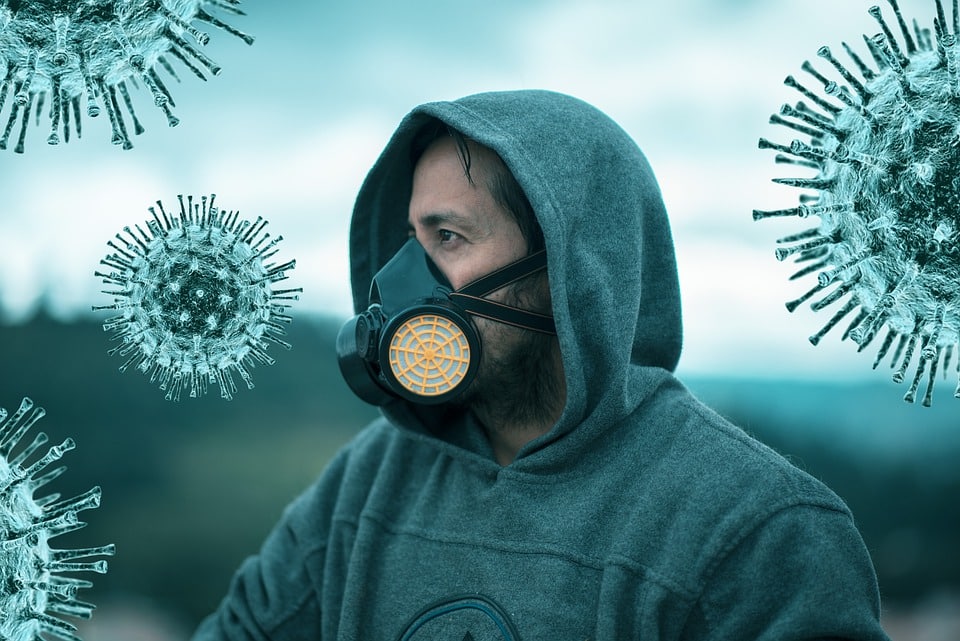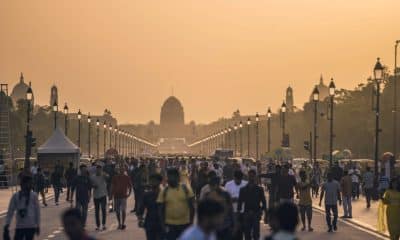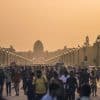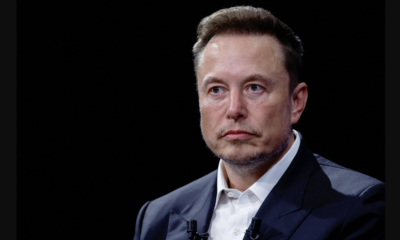Analysis
Third wave around the corner, India records 41,831 new cases and 541 deaths to COVID-19
While the cumulative vaccine doses administered in India has crossed 47 crore, 41,831 new COVID-19 cases were recorded, taking the tally to 3,16,55,824, with 541 daily fatalities – total death toll to 4,24,351. Is the third COVID wave around the corner? And is India ready?
However, the Health Ministry says the second wave is not yet over as Maharashtra, Kerala and some northeastern states have been reporting a sustained number of daily infections, though the situation is improving in other states. Government experts had earlier said that the situation is still under control and whether it is a new wave or a long second wave will be understood after monitoring the situation for some more weeks.
A total of 4,24,351 deaths have been reported so far in the country, including 1,32,791 from Maharashtra, 36,562 from Karnataka, 34,076 from Tamil Nadu, 25,053 from Delhi, 22,756 from Uttar Pradesh, 18,136 from West Bengal and 16,293 from Punjab. The health ministry pointed out that more than 70% of the deaths occurred due to comorbidities.
Experts believe India needs to accelerate its vaccination programme. In the six months since the start of the drive in January, India has been able to fully vaccinate only 6.5% of its people, and only about a quarter of the people have received a single dose. Dr Yudhyavir Singh, who has been managing the COVID-19 ICU at AIIMS New Delhi, said one should not lower their guard. “Adopt a guarded approach in terms of following COVID-19 appropriate behavior and implementing restrictive measures.” Dr Singh said Delhi may have already achieved herd immunity, considering the massive number of cases seen during the second wave.
Dr Pooja Khosla, senior consultant, Sir Ganga Ram Hospital, said the second COVID wave has taught us that cases can increase suddenly. “There are warning signs from different parts of the world. In India, too, a small increase in cases has been recorded. Infections can increase exponentially anytime. I think one should not assume anything and make all efforts to prevent a second wave-like crisis, which was a nightmare,” she said.
Pragya Sharma, professor, Department of Community Medicine at the Maulana Azad Medical College, believes a third wave is a certain thing but the number of people it will infect will depend on the implementation of preventive measures and the pace of vaccination. “People either don’t wear mask or don’t wear it properly. Most of them use cloth mask, which doesn’t serve any purpose. There is hardly any vigil being maintained in crowded areas,” she noted. “At the inoculation centre at MAMC, only around 50 people are getting vaccinated a day, while we can vaccinate around 200 people every day. Vaccines are available but people are not coming forward.”
Also Read: World Bank provides $4 billion for COVID-19 vaccines for 51 developing countries
Dr Jugal Kishore, head of the Community Medicine Department, Safdarjung Hospital, said that around 80% of people have immunity against the virus, either due to previous infection or due to vaccination. “The delta variant of COVID-19 was responsible for up to 60% of the cases during the second wave. We haven’t observed any major difference between delta and delta plus variant. So, a sudden spike in COVID-19 cases is not expected, until a new, more infectious variant emerges,” he said.
Overall, experts have predicted a third wave of the coronavirus to hit in September.









































Pingback: UNESCO added 34 new additions to its list, including two from India.